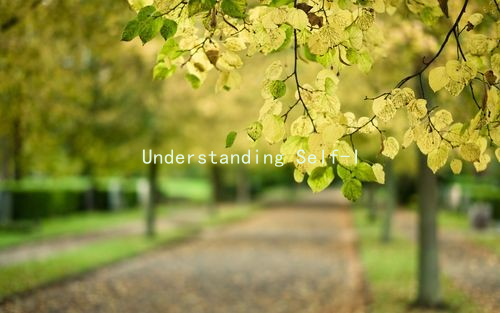Understanding Self-Identity in Love: Tips for Deeper Emotional and Physical Bonds
Understanding Self-Identity in Love: Tips for Deeper Emotional and Physical Bonds
In the realm of love and relationships, self-identity plays a crucial role in establishing deeper emotional and physical bonds. When individuals have a clear sense of who they are, they bring authenticity and depth into their partnerships. However, understanding ones self-identity is often a lifelong journey, intertwined with personal experiences, cultural backgrounds, and emotional growth. Here are several insights and tips to help navigate this path while fostering meaningful connections with others.
1. Embrace Self-Reflection
The first step towards understanding your self-identity is engaging in self-reflection. Take time to assess your values, beliefs, passions, and dreams. Journaling can be a powerful tool to help articulate your thoughts and feelings. By understanding what truly matters to you, you create a stable foundation on which to build your relationships. This self-awareness will enable you to communicate your needs more clearly and effectively to your partner.
2. Cultivate Emotional Intelligence
Emotional intelligence refers to the ability to recognize and manage your own emotions, as well as those of others. Developing this skill is essential in relationships. It allows you to respond to conflicts with empathy and understanding, fostering a deeper emotional connection with your partner. Engage in active listening and practice expressing your feelings in a constructive manner. Open conversations about emotions can strengthen trust and intimacy.
3. Share Your Journey
Authenticity is key in any relationship. Don’t hesitate to share your personal journey with your partner, including your struggles and triumphs. Vulnerability can be daunting, but it fosters connection. By sharing your experiences, you invite your partner to do the same, creating a safe space for both of you to explore deeper emotional intimacy.
4. Set Boundaries
Understanding your self-identity also means recognizing your limits. Healthy relationships thrive on mutual respect, and setting clear boundaries is vital. Communicate your comfort levels regarding emotional and physical intimacy openly. This not only helps you feel more secure but also encourages your partner to express their needs, cultivating a more balanced and respectful partnership.

5. Foster Shared Interests
While self-identity is about individual understanding, relationships thrive on shared experiences. Engage in activities that you both enjoy, whether it’s hiking, cooking, or exploring new hobbies together. This not only creates opportunities for fun and connection but also enables both partners to learn more about each other’s passions and interests.
6. Continuous Growth
Self-identity is not static; it evolves over time. Relationships require ongoing growth and adaptation. Embrace change, both in yourself and in your relationship. Be open to new experiences and willing to modify your perspectives as you learn and grow together. Regularly check in with each other about your needs and feelings to ensure that both partners are evolving in alignment.
7. Prioritize Physical Intimacy
Physical connection is a vital aspect of romantic relationships. Understanding your own body and what makes you feel good is essential for fostering physical intimacy. Communicate openly about each other’s desires and preferences. Experimenting together can strengthen your bond and enhance your emotional connection, creating a fulfilling love life that reflects both partners’ identities.
8. Seek Professional Guidance if Needed
Sometimes, understanding self-identity and navigating relationships can be challenging. If you find yourself struggling, consider seeking the guidance of a therapist or relationship coach. Professional support can provide valuable insights and strategies tailored to your unique circumstances, helping both partners grow individually and together.
In conclusion, understanding self-identity is a pivotal component in building deeper emotional and physical bonds in a relationship. By embracing self-reflection, cultivating emotional intelligence, sharing your journey, setting boundaries, fostering shared interests, prioritizing physical intimacy, and seeking professional guidance, you can navigate the complexities of love more effectively. Ultimately, knowing yourself allows you to love yourself and your partner more fully, paving the way for a profoundly rewarding relationship.





